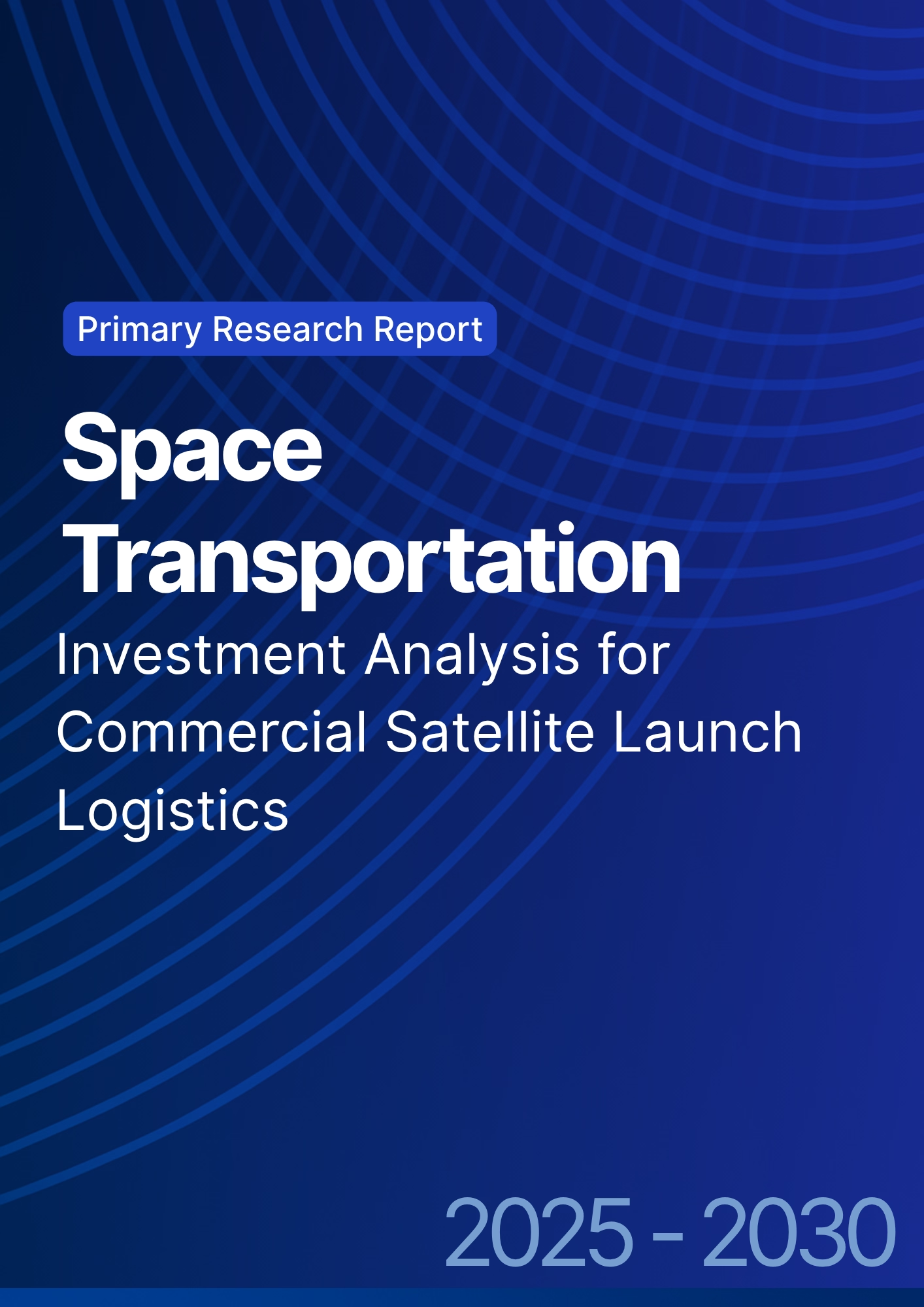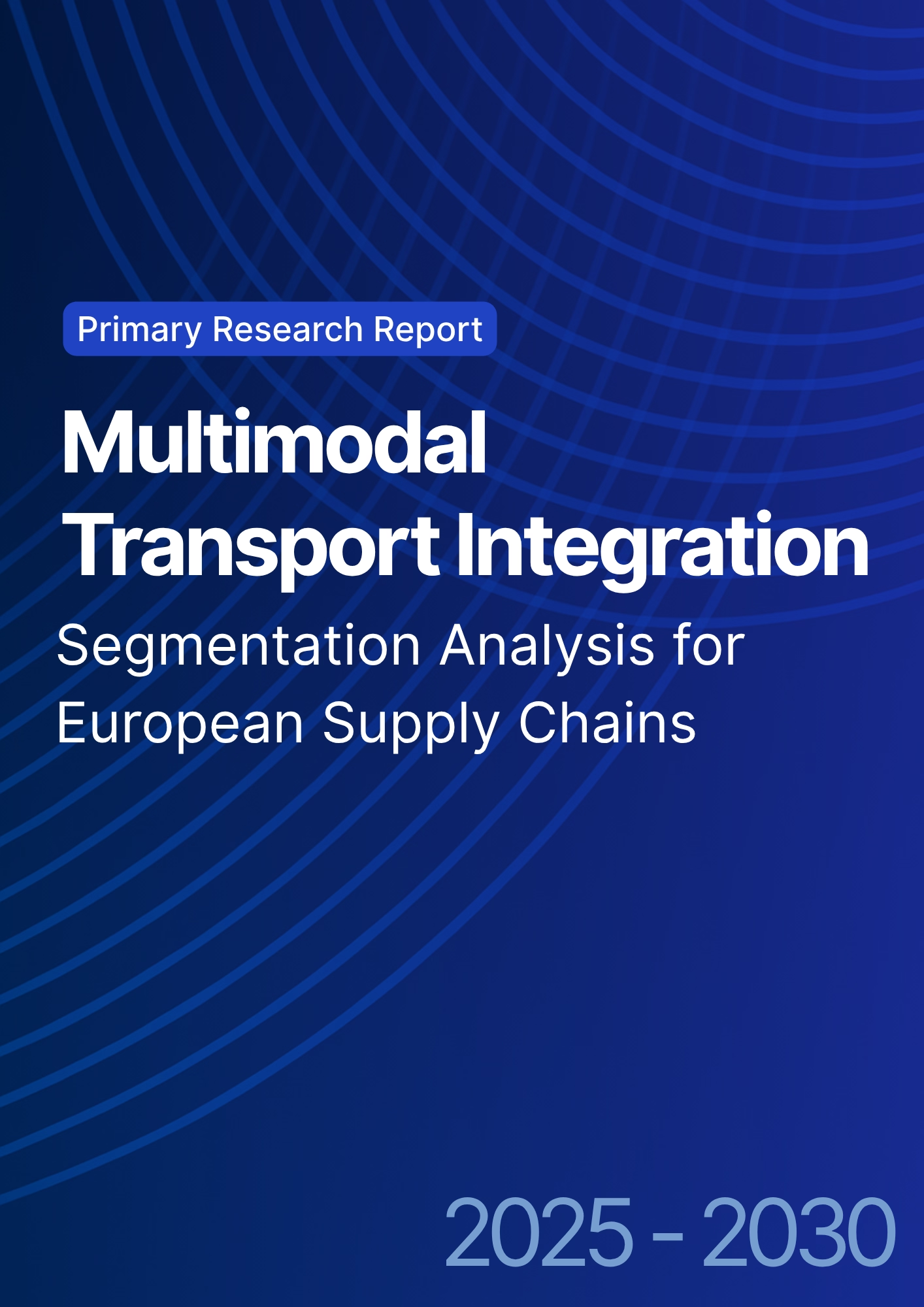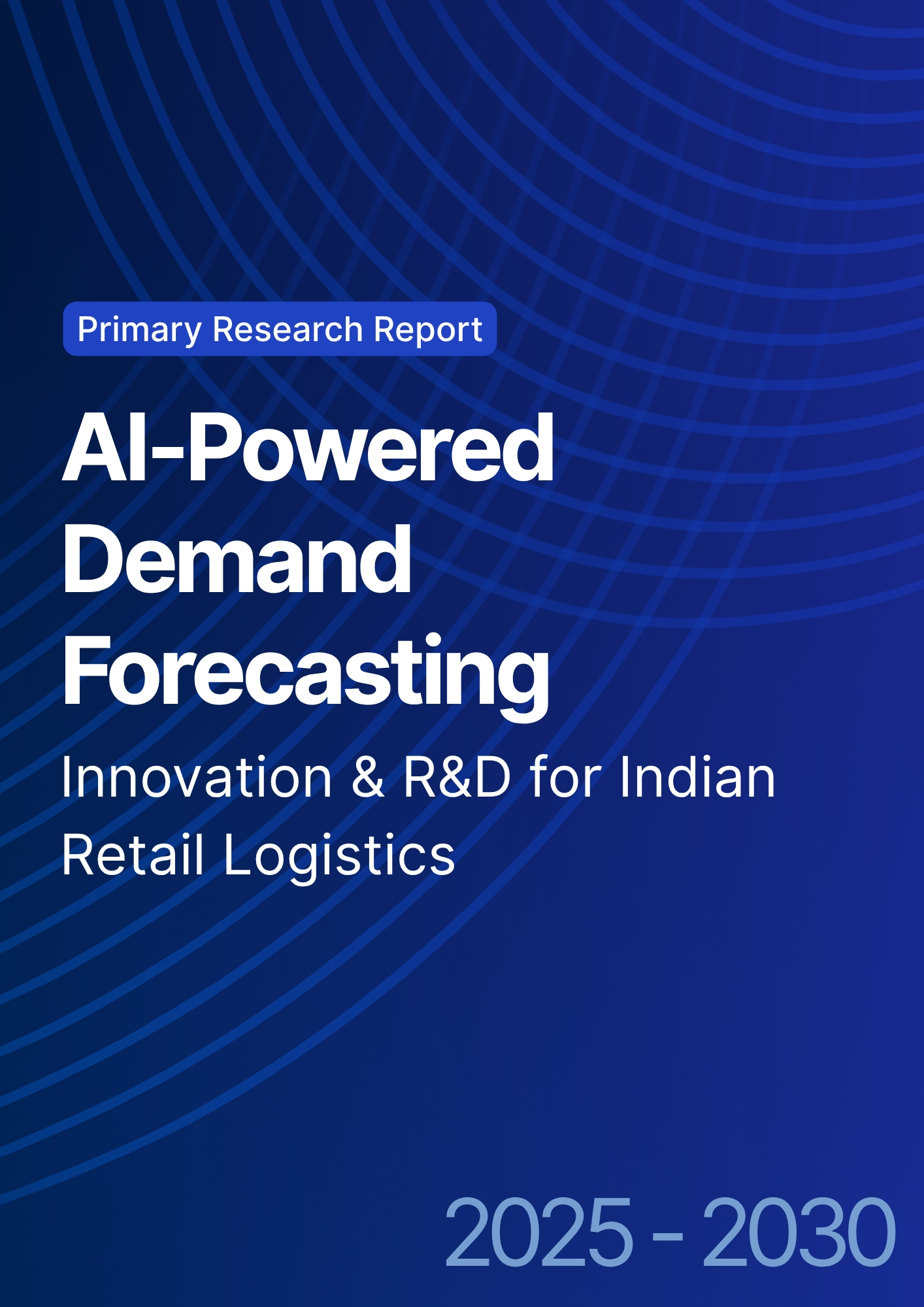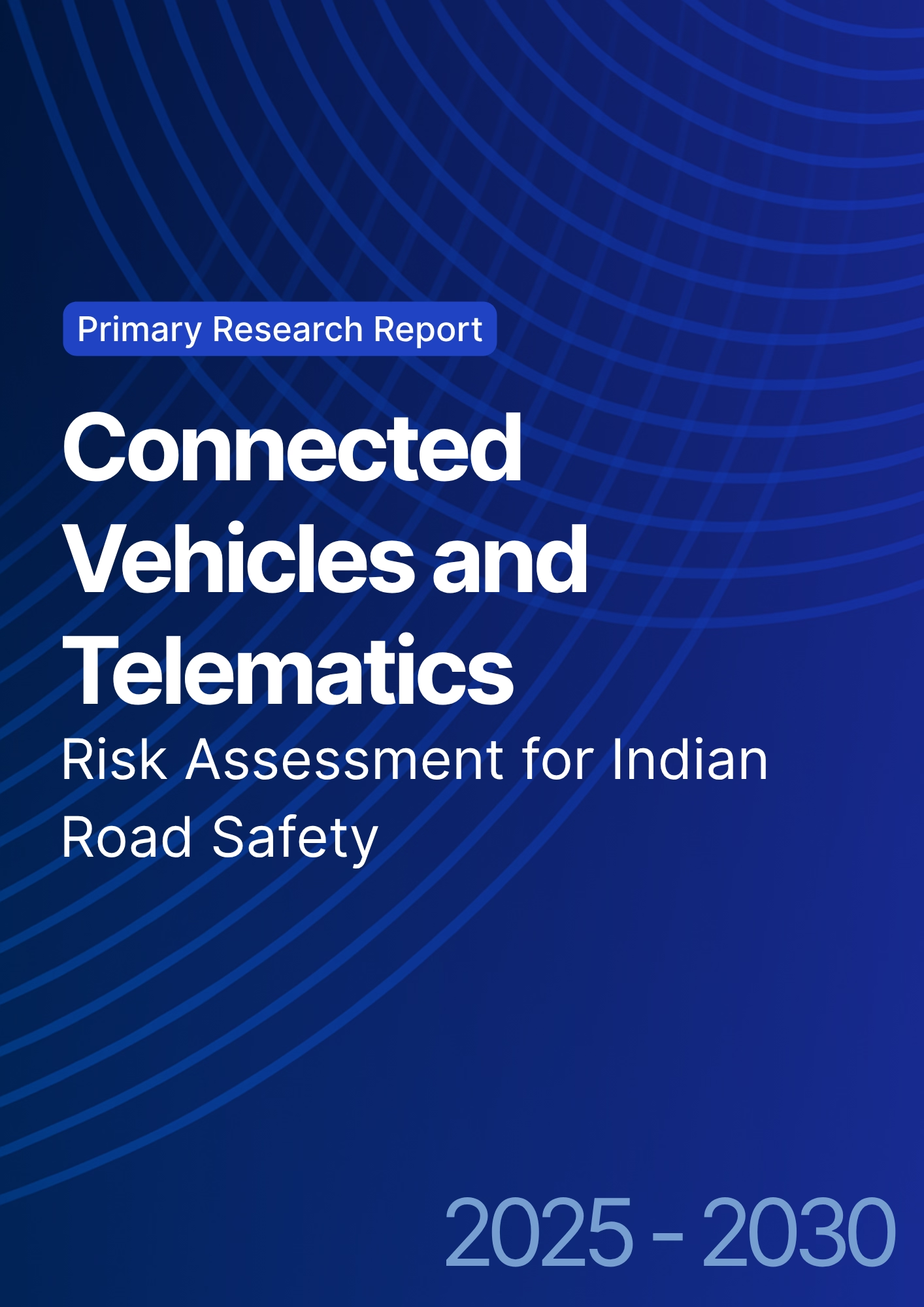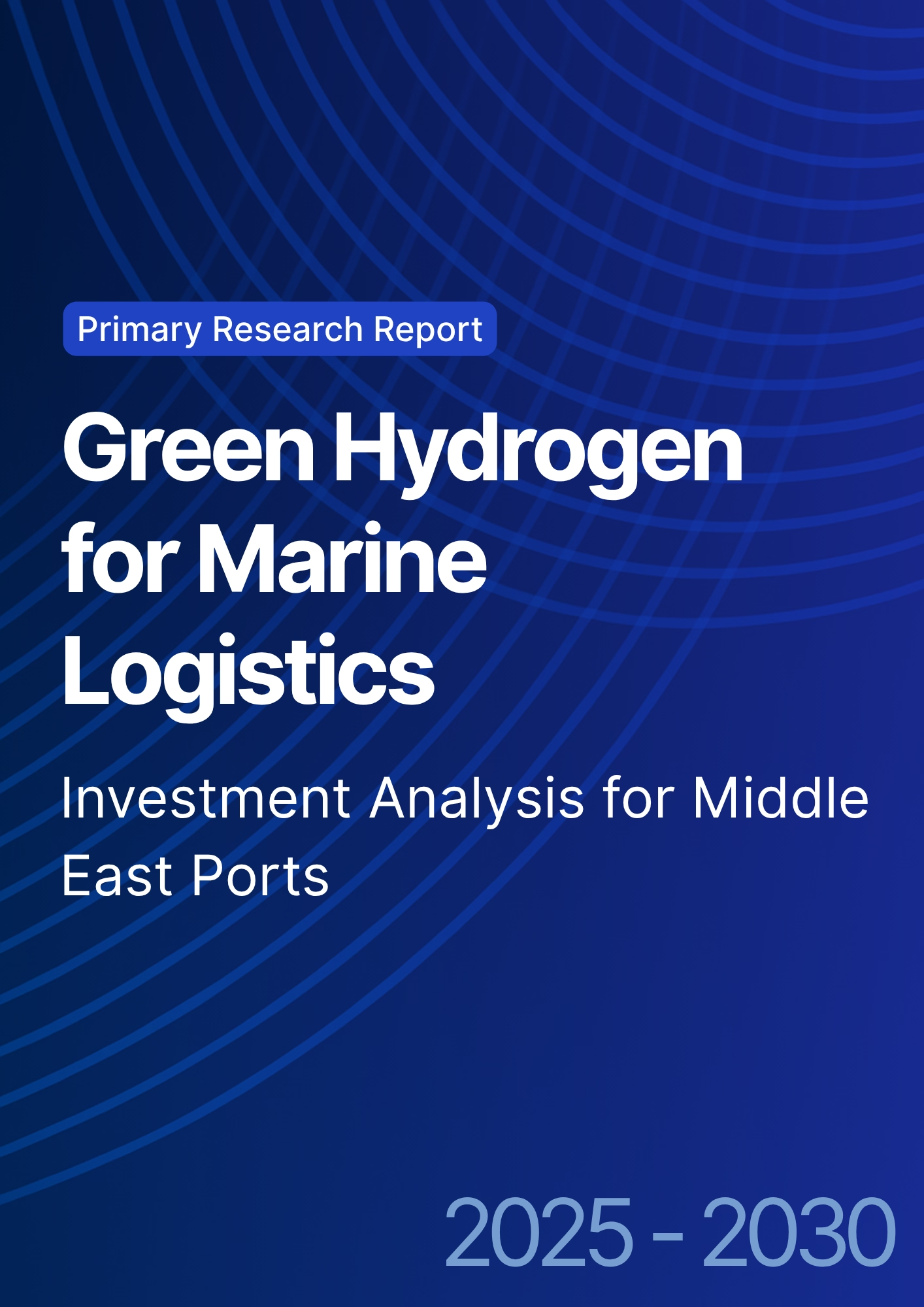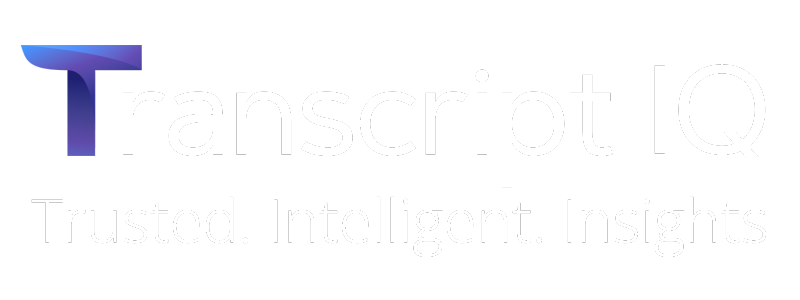

68 Circular Road, #02-01 049422, Singapore
Revenue Tower, Scbd, Jakarta 12190, Indonesia
4th Floor, Pinnacle Business Park, Andheri East, Mumbai, 400093
Cinnabar Hills, Embassy Golf Links Business Park, Bengaluru, Karnataka 560071
Connect With Us
Smart Ports and E-Commerce: Digital Transformation & Market Trends in the Middle East
The smart ports market in the Middle East and Africa is expected to grow from $6.5B in 2025 to $18.7B by 2030 (CAGR 23.6%), driven by the region's growing e-commerce sector and the push for digitalization in port operations. Saudi Arabia is leading with $4.5B in investments for AI-powered port systems, automated cargo handling, and blockchain-based logistics platforms. By 2030, 70% of port operations in the region will be digitally integrated, enhancing logistics efficiency, improving supply chain transparency, and reducing port congestion by 35%. The rise of e-commerce is fueling digital transformation in the shipping and logistics industry, with smart ports expected to handle 40% of regional e-commerce cargo by 2030.

What's Covered?
Report Summary
Key Takeaways
- Market size: $6.5B → $18.7B (CAGR 23.6%).
- 70% of port operations in the region to be digitally integrated by 2030.
- $4.5B investment in Saudi Arabia’s smart port infrastructure.
- 35% reduction in port congestion through AI-driven operations.
- AI-powered cargo handling improves efficiency by 30%.
- E-commerce growth to increase digital freight volume by 40% by 2030.
- Blockchain-based logistics platforms to improve supply chain transparency by 28%.
- Real-time port analytics to reduce cargo delays by 20%.
- Private sector investment in digital ports exceeds $8B.
- Saudi ports will handle 50% of the Middle East’s e-commerce logistics by 2030.
Key Metrics
Market Size & Share
The smart ports market in the Middle East and Africa is projected to grow from $6.5B in 2025 to $18.7B by 2030, with Saudi Arabia investing $4.5B in smart port infrastructure. Digital transformation in the logistics sector will be driven by AI-powered systems, IoT-based sensor networks, and blockchain technology. By 2030, 70% of port operations in the region will be digitally integrated, reducing port congestion by 35% and increasing cargo throughput by 30%. The e-commerce boom in the Middle East is expected to contribute to 40% of the regional freight volume being handled through smart ports by 2030. Real-time data analytics will improve cargo management and delivery accuracy, reducing cargo delays by 20%. The UAE, Saudi Arabia, and Qatar are heavily investing in smart port technologies, making the region a global leader in port automation. By 2030, the Middle East is expected to handle a higher percentage of global e-commerce logistics, as it adopts more automated solutions and digital tracking systems.
Market Analysis
The Middle East is rapidly adopting smart port technologies to improve logistics operations, reduce port congestion, and handle the growing volume of e-commerce freight. The UAE and Saudi Arabia are at the forefront, with investments in AI-based cargo handling systems, automated customs clearance, and IoT-based tracking systems. By 2030, 70% of port operations in the region will be digitally integrated, which will help streamline cargo flow and reduce delays. The rise of blockchain-enabled logistics platforms will ensure transparency and security throughout the supply chain, facilitating quicker customs processing and seamless cross-border trade. Additionally, real-time port analytics will reduce operational downtime and increase cargo throughput by 30%. By 2030, 40% of regional freight volume will be processed through smart ports, driven by digital solutions for tracking, scheduling, and automated shipping. Private sector investments are expected to exceed $8B in the next five years, further pushing the growth of digitally-enabled port systems across the Middle East and Saudi Arabia.
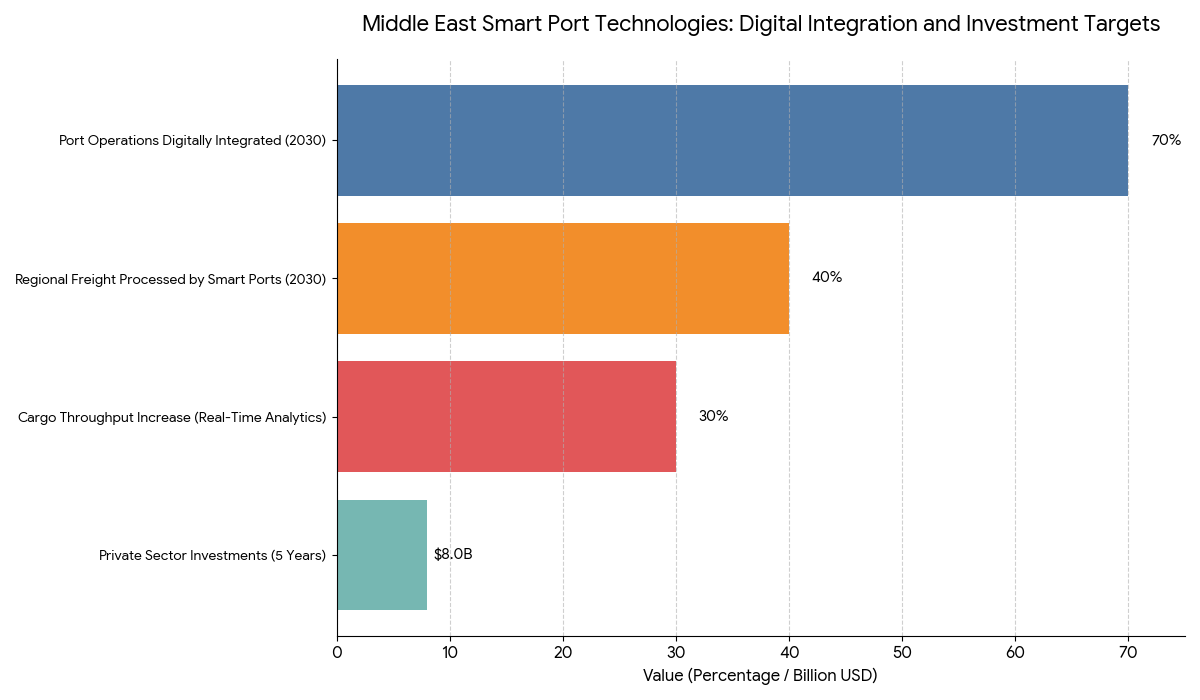
Trends & Insights
- AI-based Port Automation: Enhances cargo handling efficiency by 30%.
- Blockchain for Logistics: Improves supply chain transparency by 28%.
- E-commerce Growth: Drives 40% of regional freight handled by smart ports.
- Operational Efficiency: 35% reduction in port congestion by 2030.
- Real-Time Data Analytics: Reduces cargo delays by 20%.
- Private Investment: $8B+ in digital port infrastructure over the next 5 years.
- Smart Port Hubs: 30% improvement in cross-border trade efficiency.
- Digital Freight Platforms: Increased adoption of AI and IoT solutions.
- Logistics Sustainability: CO₂ emission reduction in ports due to automation.
- Cross-Border Logistics: Enhanced interoperability and data sharing.
These trends highlight the Middle East’s growing leadership in digital port technologies, improving logistics efficiency, security, and global competitiveness.
Segment Analysis
The smart ports market is segmented into AI-powered cargo management (40%), IoT tracking (30%), blockchain-based logistics (20%), and smart station development (10%). AI-powered cargo management systems lead the market, making up 40% of the investments. IoT tracking systems, responsible for 30% of market share, will enhance real-time monitoring and predictive maintenance in the region’s ports. Blockchain logistics solutions are integral in enhancing supply chain visibility, ensuring secure, transparent transactions across borders. Smart stations will account for 10% of investments, streamlining passenger and freight logistics. By 2030, 70% of Middle Eastern ports will integrate digital technologies for cargo tracking, customs clearance, and supply chain management, with blockchain becoming the primary tool for trade security.
Geography Analysis
UAE is the market leader in smart port development, accounting for 45% of the market share. The country is investing heavily in AI-based logistics and blockchain platforms to optimize port operations and enhance cargo throughput. Saudi Arabia is following closely with 30% market share, focusing on smart port systems and automated freight handling in key ports like Jeddah and Dammam. Qatar and Kuwait are making significant progress in smart port integration, with a strong emphasis on blockchain for customs clearance and IoT for real-time cargo tracking. By 2030, 50% of the Middle East's freight will be processed through digitally-enabled ports, driven by smart logistics solutions, automated cargo systems, and AI-powered tracking.
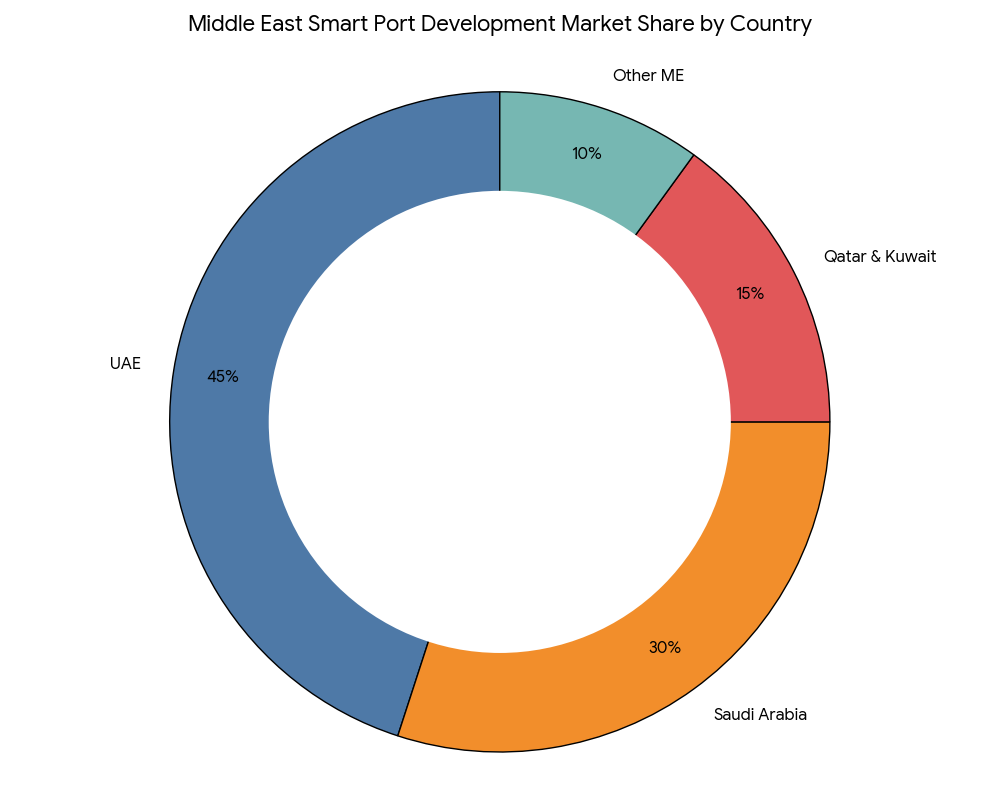
Competitive Landscape
Key players in the smart ports sector include Siemens Mobility, GE Transportation, Honeywell, Alstom, and Wabtec, leading in AI-powered logistics solutions, automated cargo management, and IoT-enabled tracking systems. DP World, Saudi Ports Authority, and Qatar Ports are investing heavily in digital transformation, integrating blockchain, AI, and IoT technologies into their ports. Regional players like AD Ports Group and Salalah Port are also making strides in port automation, while international logistics giants like Maersk and UPS are expanding their partnerships with local port authorities to implement smart logistics platforms. The competitive edge in this market will be driven by AI technology, security through blockchain, and automation, ensuring better supply chain management and sustainability.
Report Details
Proceed To Buy
Want a More Customized Experience?
- Request a Customized Transcript: Submit your own questions or specify changes. We’ll conduct a new call with the industry expert, covering both the original and your additional questions. You’ll receive an updated report for a small fee over the standard price.
- Request a Direct Call with the Expert: If you prefer a live conversation, we can facilitate a call between you and the expert. After the call, you’ll get the full recording, a verbatim transcript, and continued platform access to query the content and more.


68 Circular Road, #02-01 049422, Singapore
Revenue Tower, Scbd, Jakarta 12190, Indonesia
4th Floor, Pinnacle Business Park, Andheri East, Mumbai, 400093
Cinnabar Hills, Embassy Golf Links Business Park, Bengaluru, Karnataka 560071
Request Custom Transcript
Related Transcripts


68 Circular Road, #02-01 049422, Singapore
Revenue Tower, Scbd, Jakarta 12190, Indonesia
4th Floor, Pinnacle Business Park, Andheri East, Mumbai, 400093
Cinnabar Hills, Embassy Golf Links Business Park, Bengaluru, Karnataka 560071





